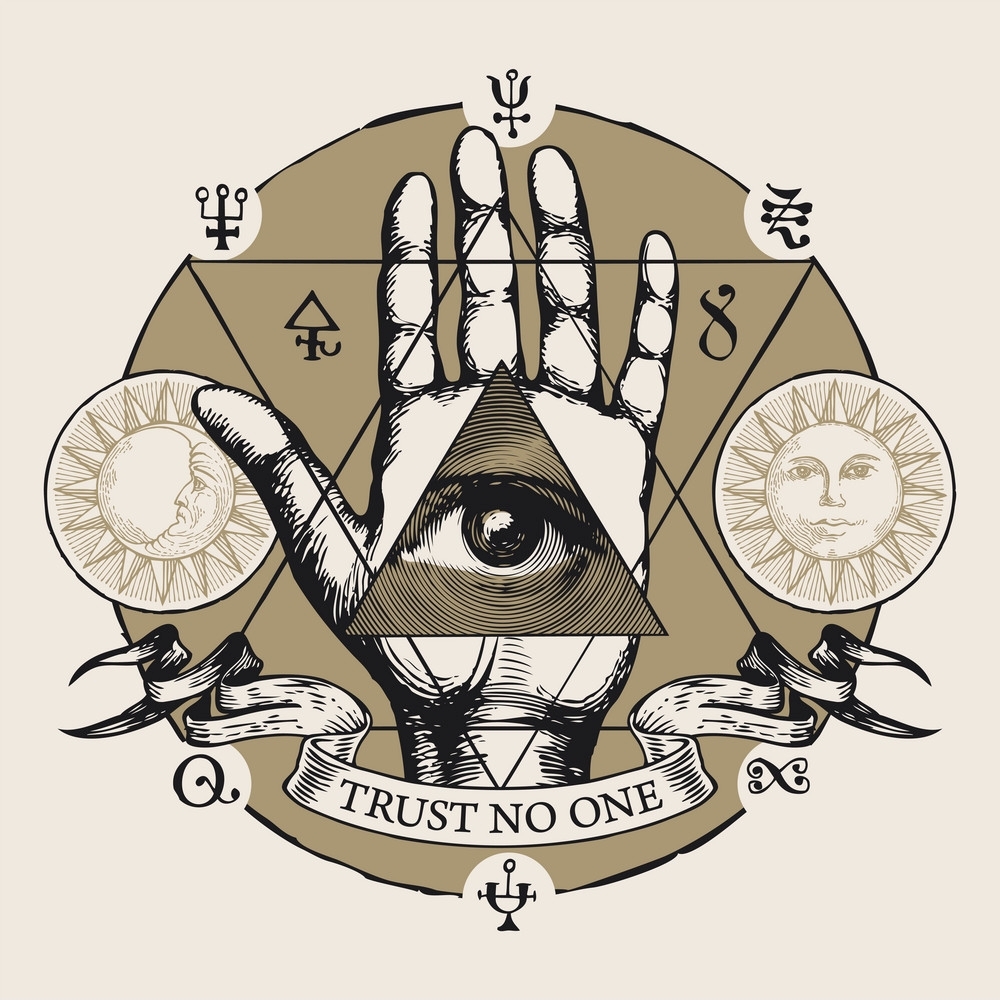This month, Rev. William Barber II, a pastor at Greenleaf Christian Church in Goldsboro, North Carolina, was among those marching in commemoration of the 57th anniversary of Bloody Sunday in Selma, Alabama.
March 6 was the day in 1965 that state troopers brutally attacked 600 peaceful protesters gathered to march from Selma to Montgomery. The violence of the attack galvanized support for and ultimately the passage of the 1965 Voting Rights Act.
In the crowd this year was New York Times columnist Charles M. Blow, who also accompanied President Barack Obama along the same route for the 50th anniversary of the occasion in 2015. Blow returned to cover the event for The New York Times and get a better sense of “how a group of largely young Black people in a small Southern city … gathered the gumption to battle their Goliath and how they helped change the country.”
Barber marched despite suffering from a crippling form of arthritis that has compelled him for decades to walk with a cane, leaning forward, head tilted low, “so that when he looks at you, he peers out from beneath the overhang of his brow,” Blow wrote.
“But when he looks at you and talks to you, you know that he possesses something at his core that eludes most others: surety…. This is a man on a mission, the grandest and most noble of missions: to save a country and his countrymen from themselves, to insist that morality ought to dictate policy. Barber, to me, is a modern-day Moses.”
Barber was born in Indianapolis, Indiana, on August 30, 1963—two days after the March on Washington for Jobs and Freedom, where Martin Luther King, Jr. delivered his famous “I have a dream” speech.
“He is effective at building unusually inclusive fusion coalitions that are multiracial and interfaith, reach across gender, age, and class lines, and are dedicated to addressing poverty, inequality, and systemic racism,” states his biography on the website of the MacArthur Foundation, which awarded him a 2018 fellowship for “building broad-based fusion coalitions as part of a moral movement to confront racial and economic inequality.”
When state legislators in North Carolina impeded his efforts to expand voting rights, healthcare, public education, living wages and other issues for lower-income people, Barber launched a series of peaceful “Moral Monday” rallies outside the legislature in Raleigh, the state capital. The movement, along with other acts of civil disobedience, spread to other states and grew to include tens of thousands of people.
From 2006 to 2017, Barber served as president of the North Carolina chapter of NAACP. He is also the president and senior lecturer at Repairers of the Breach, a nonpartisan not-for-profit organization dedicated to building “a moral agenda” focused on issues concerning the poor, women, children, workers, immigrants, LGBTQ people, communities of color and the sick.
At the 2022 commemoration of the Bloody Sunday march, Barber addressed the crowd.
“Dr. King linked the right for voting rights to the fight for living wages and economic justice,” he said. “Selma was about a commitment to bring the masses of Black people and poor white people together in the South to build a mighty voting bloc that could rebuild the economic architecture of the nation toward justice.”
That morning, Barber also spoke at Tabernacle Baptist Church, where the first mass meeting of the voting rights movement was held.
In his speech, Barber paraphrased a portion of an address that Coretta Scott King gave months after the assassination of her husband in 1968:
“I remind you that starving a child is violence. Suppressing a culture is violence. Neglecting school children is violence. Punishing a mother and her child is violence. Discrimination against a working man is violence. Ghetto housing is violence. Ignoring medical needs is violence. Contempt for poverty is violence. Even the lack of willpower to help humanity is a sick and sinister form of violence.” And she ended her speech saying “the problems of racism, poverty and war can all be summarized with one word: violence.”
“This is essentially Barber’s mantra,” Blow wrote in his column. “And he believes that cross-racial, cross-religious, cross-generational coalitions are the only way to confront this violence. For him, the battle is bigger than racism or voting alone. For him, all forms of oppression overlap.”
_______________
From its beginnings, the Church of Scientology has recognized that freedom of religion is a fundamental human right. In a world where conflicts are often traceable to intolerance of others’ religious beliefs and practices, the Church has, for more than 50 years, made the preservation of religious liberty an overriding concern.
The Church publishes this blog to help create a better understanding of the freedom of religion and belief and provide news on religious freedom and issues affecting this freedom around the world.
The Founder of the Scientology religion is L. Ron Hubbard and Mr. David Miscavige is the religion’s ecclesiastical leader.
For more information visit the Scientology website or Scientology Network.
DOWNLOAD THE WHITEPAPER

